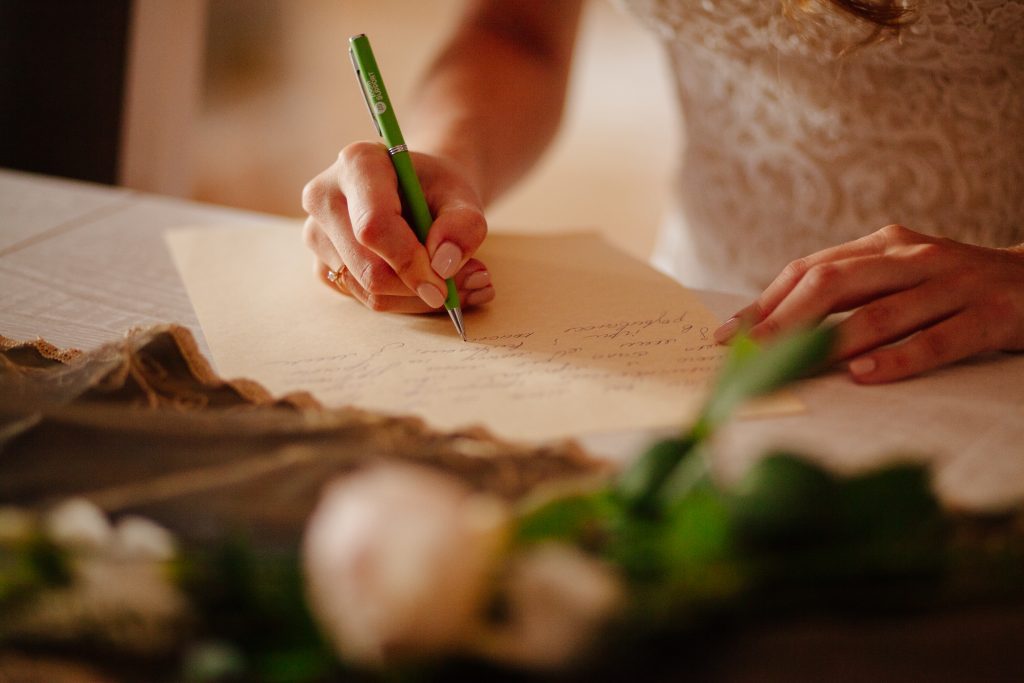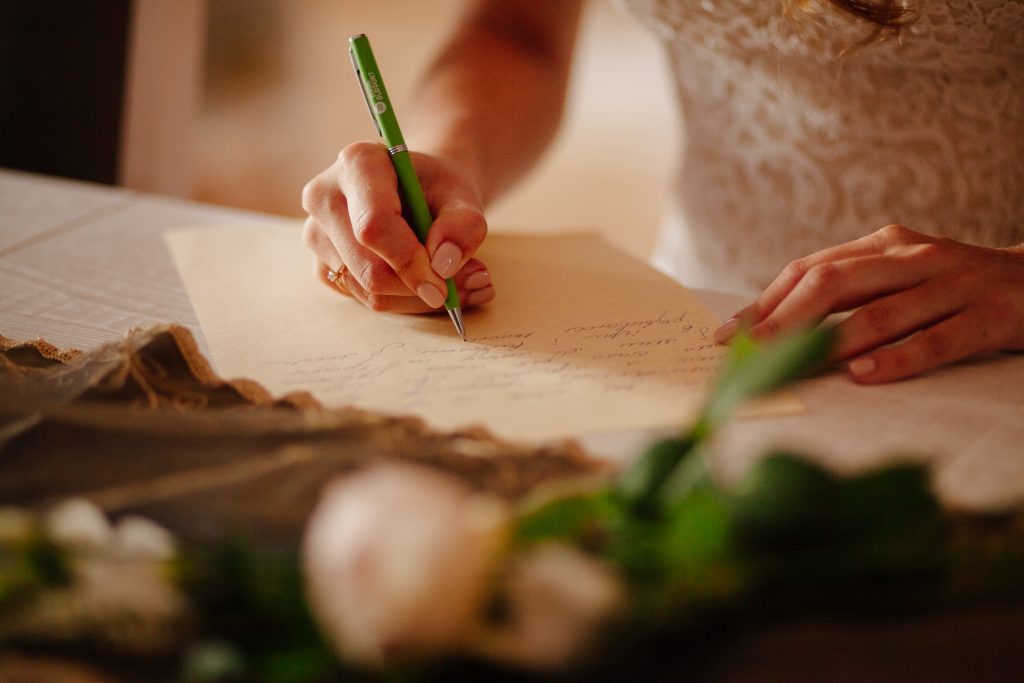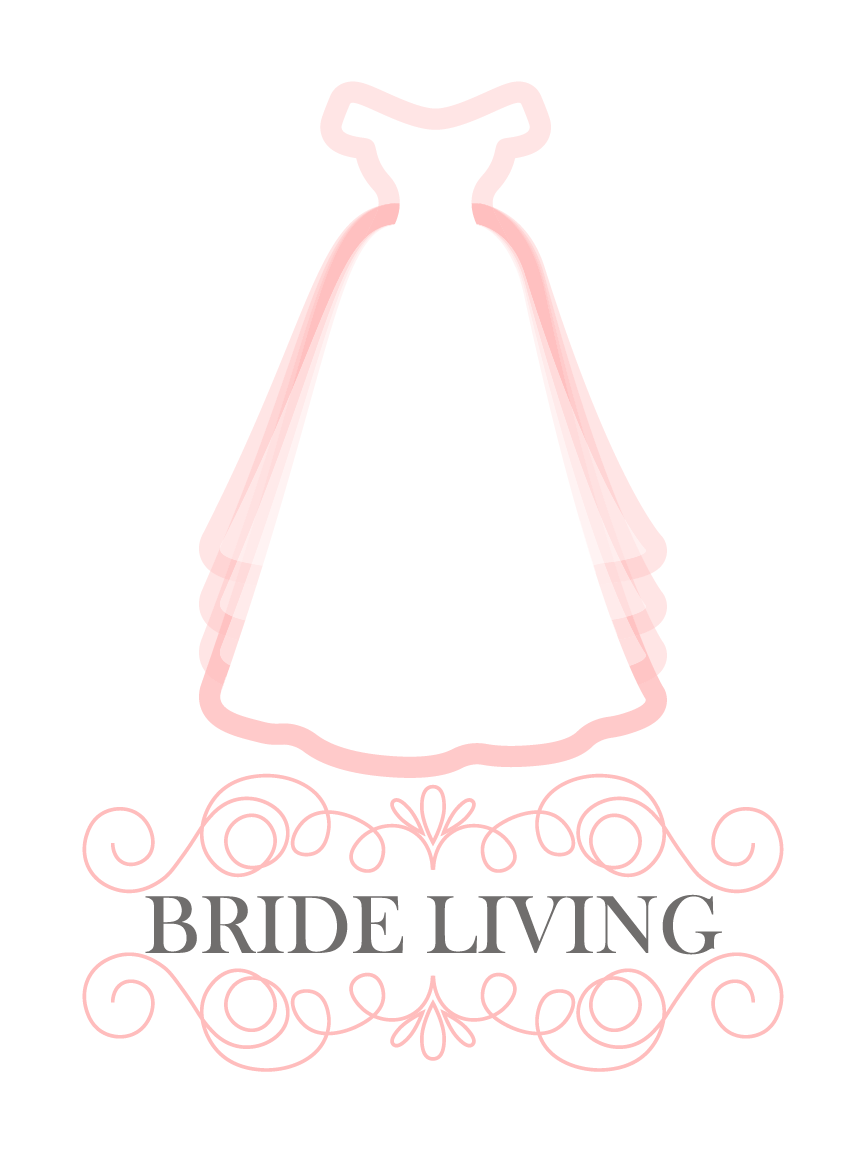What Wedding Vows Look Like For Different Cultures
“To have and hold, from this day forward, till death do us part.” We’ve all heard these words before, either from weddings we once attended or on our living room couches binge-watching our favorite rom coms. Regardless of the setting, these solemn declarations carry weight and significance. So, what exactly are these promises that have most of us reaching for the tissue? Marriage vows are promises made by couples before an officiant proclaiming an unwavering lifelong commitment to each other. From this subtext, wedding vows may look different based on religion, formal structure, style, culture, and preference. We look at five ways other religious communities say “I do.”

1. Christians
Christian wedding vows are divergent, each denomination practicing its own commitment declaration. One’s choice of vows is entirely dependent on their personal religious beliefs. Whether you’re catholic, Presbyterian, Methodist, or evangelist, an approved set of marriage vows applies to your sect.
2. Jews
Jewish wedding ceremonies don’t sport an exchange of vows; the ritual presumably symbolizes marital commitment between the couple. However, during the ring exchange, the groom utters the following words, “You are consecrated to me with this ring by the laws of Moses and Israel- this vocation binds the couple as husband and wife.
3. Muslims
Islamic wedding ceremonies are presided by an imam who typically quotes quranic scriptures and teachings on marriage as an institution for the bride and groom. After that, the tradition is pretty straightforward as the imam reads marriage terms to the couple and asks them if they accept to abide by them. The religion in no way ordains the couple to recite vows to each other. However, they are free to repeat their promises to each other personally.
4. Hindu

The forte of a Hindu wedding is Saptadi, also known as the Seven Steps. A priest guides this ritual, and the couple makes solemn promises to each other as they embark on their marriage. On a broader spectrum, all the Hindu wedding festivities and ceremonies are traditionally symbolic of vows between the bride and groom.
5. Unitarian
Talk of flexibility, unitarian wedding vows are fluid. The wedding couple can opt to go with traditional vows or personal penned declarations to each other. Leaving it up to the minister to come up with vows is also an option in this case.
Last Word
There is so much riding on wedding utterances; these one-minute declarations are a lifelong commitment to intents that will bind you to your partner. Whether you choose to go with the religious route or not, wedding vows are sacred and not because you took them before a congregation or a higher power, but because they come from your heart.
